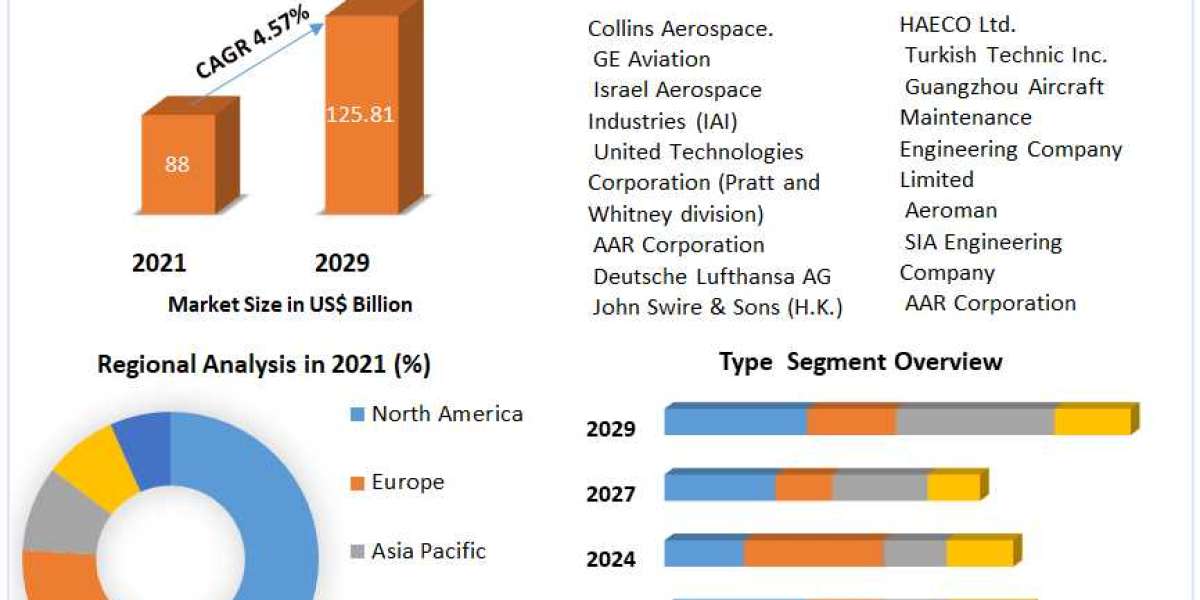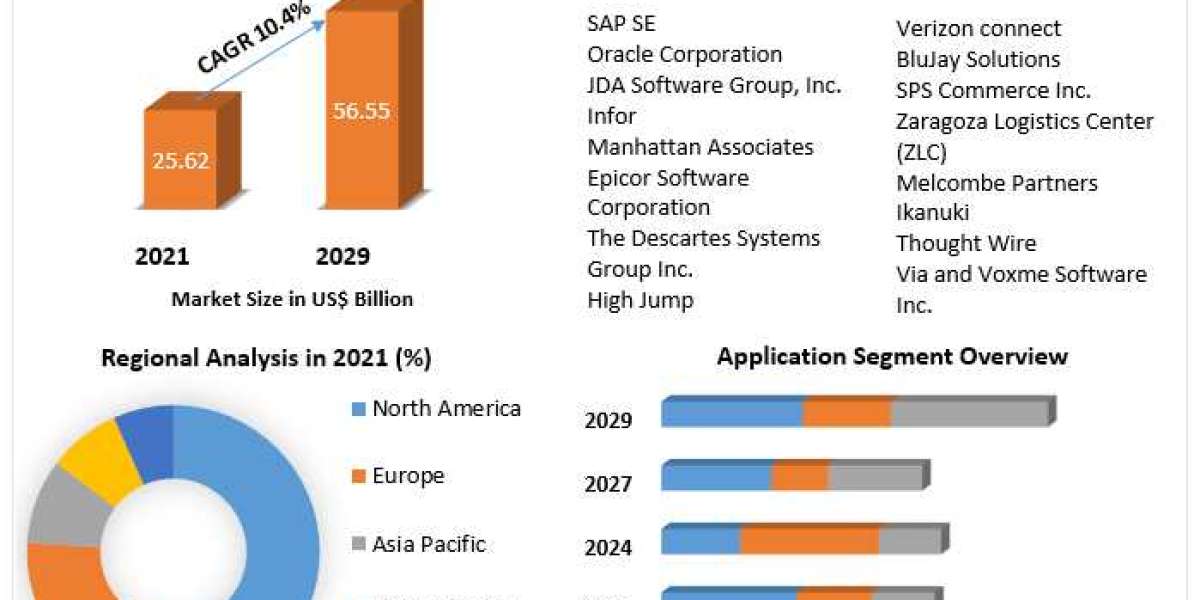Robotic Process Automation (RPA) has become a pivotal technology for organizations seeking to enhance efficiency and reduce operational costs. As businesses increasingly turn to automation, the choice of RPA tools has become critical. This blog will delve into the comparison of three leading RPA platforms: UiPath, Automation Anywhere, and Blue Prism. This RPA tools comparison will highlight the strengths and weaknesses of each tool, helping organizations make informed decisions about their automation strategies.
Overview of RPA Tools
UiPath
UiPath is recognized for its user-friendly interface and robust community support. It features a visual workflow editor that simplifies the creation of automation processes. Key attributes include:
- Ease of Use: The drag-and-drop functionality allows users to create automation workflows without extensive programming knowledge.
- Community and Support: A vibrant community of over 250,000 users contributes to its rapid development and support.
- Integration Capabilities: UiPath integrates seamlessly with various applications and systems, enhancing its utility across different business processes.
Automation Anywhere
Automation Anywhere stands out for its cognitive automation capabilities and enterprise-level features. It is designed to handle complex tasks and offers:
- Scalability: This tool is suitable for organizations of all sizes, from small businesses to large enterprises.
- Security: It provides robust security features, making it ideal for industries that require stringent compliance.
- Cognitive Automation: Automation anywhere incorporates AI and machine learning, allowing for intelligent decision-making in automated processes.
For those interested in exploring RPA solutions further, consider booking an appointment to discuss specific needs and how these tools can be tailored to fit your business processes.
Blue Prism
Blue Prism is known for its strong security features and is often favored by large enterprises. Its key characteristics include:
- Governance and Compliance: Blue Prism emphasizes security and governance, making it suitable for organizations with strict regulatory requirements.
- Robust Scalability: It can efficiently manage large-scale automation projects across various departments.
- No-Code Environment: Blue Prism allows business users to create automation solutions without needing extensive coding skills.
Feature Comparison
When comparing these RPA tools, several features stand out:
Feature/Aspect | UiPath | Automation Anywhere | Blue Prism |
User Interface | Intuitive and visual | User-friendly | Code-free environment |
Integration | Extensive third-party support | Strong cognitive capabilities | Strong governance |
Scalability | Scalable for all sizes | Enterprise-ready | Primarily for large firms |
Community Support | Active and robust | Growing community | Less active |
Security | Good security features | Excellent security | Strong compliance focus |
RPA ROI Calculator
To understand the financial impact of implementing RPA, organizations can utilize an RPA ROI Calculator. This tool helps businesses estimate the return on investment by evaluating factors such as cost savings, efficiency gains, and reduced error rates. By inputting specific data about their processes, organizations can gain insights into how much they could save and the potential benefits of adopting RPA technologies.
Conclusion
In conclusion, the choice between UiPath, Automation Anywhere, and Blue Prism depends on various factors, including organizational needs, budget, and technical capabilities. Each platform offers unique strengths:
- UiPath excels in user-friendliness and community support, making it ideal for businesses looking for quick deployment and ease of use.
- Automation Anywhere is suited for organizations seeking cognitive automation and robust scalability, particularly in complex environments.
- Blue Prism is the go-to choice for enterprises requiring strong governance and compliance features.
As organizations navigate the landscape of robotic process automation, understanding these differences is crucial.
In the competitive landscape of robotic process automation companies, selecting the right tool can significantly impact operational efficiency and overall success. Each platform has its unique offerings, and the best choice will align with your specific organizational goals and future growth plans.



